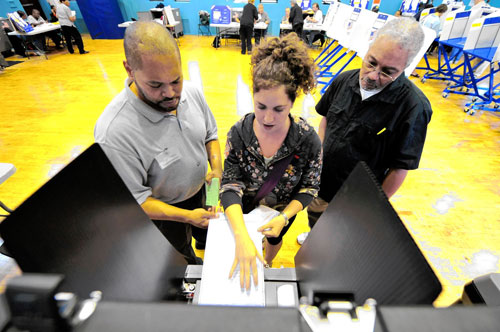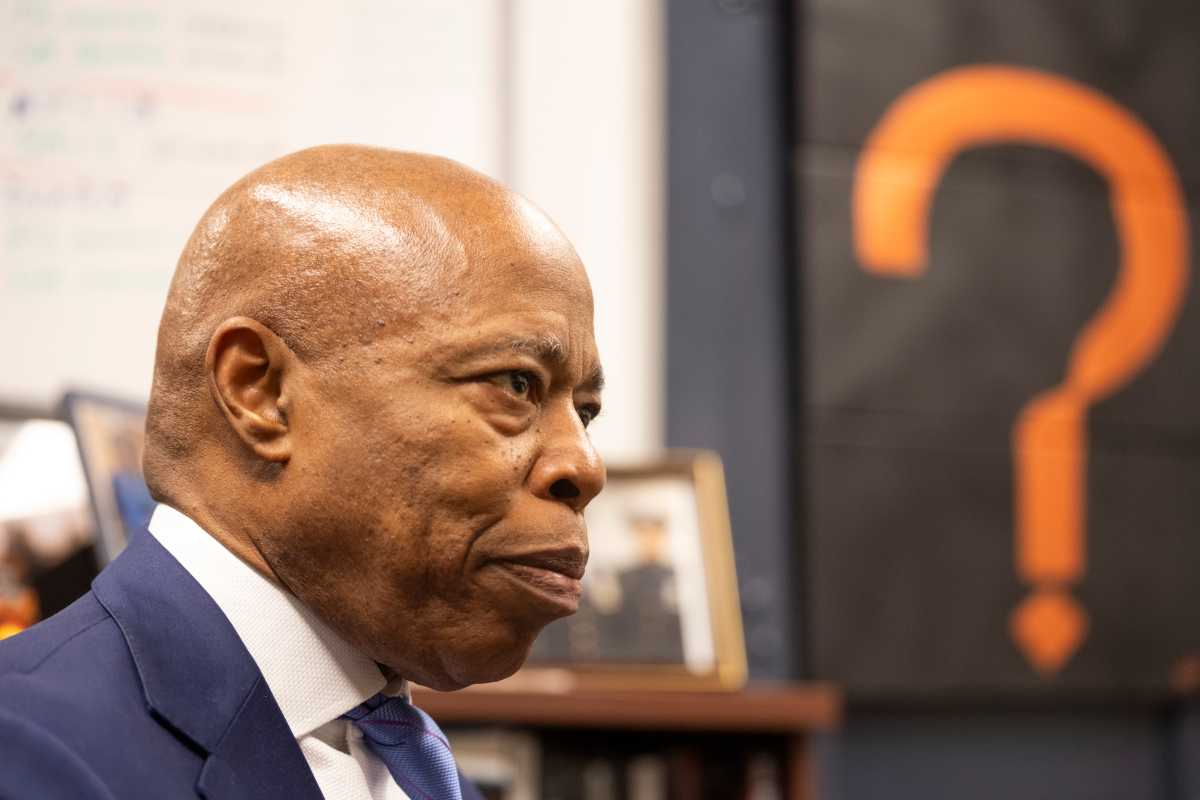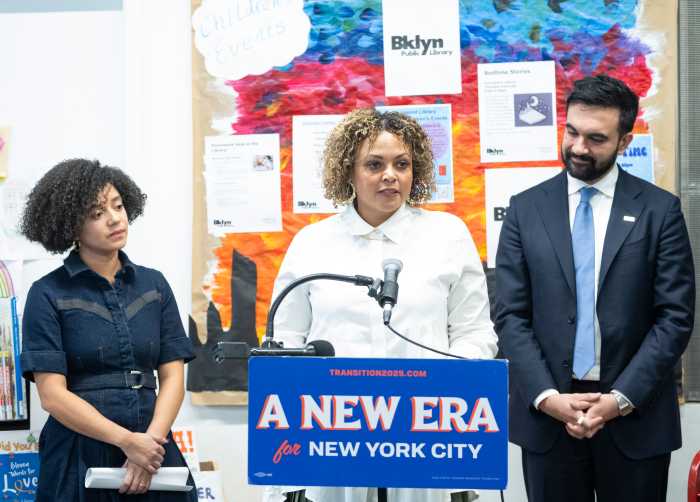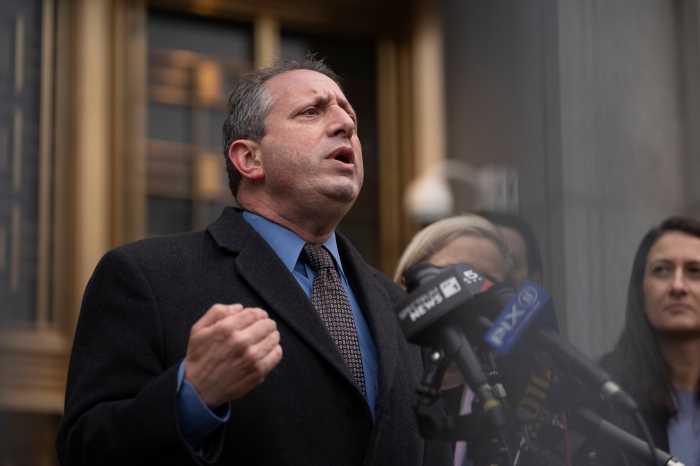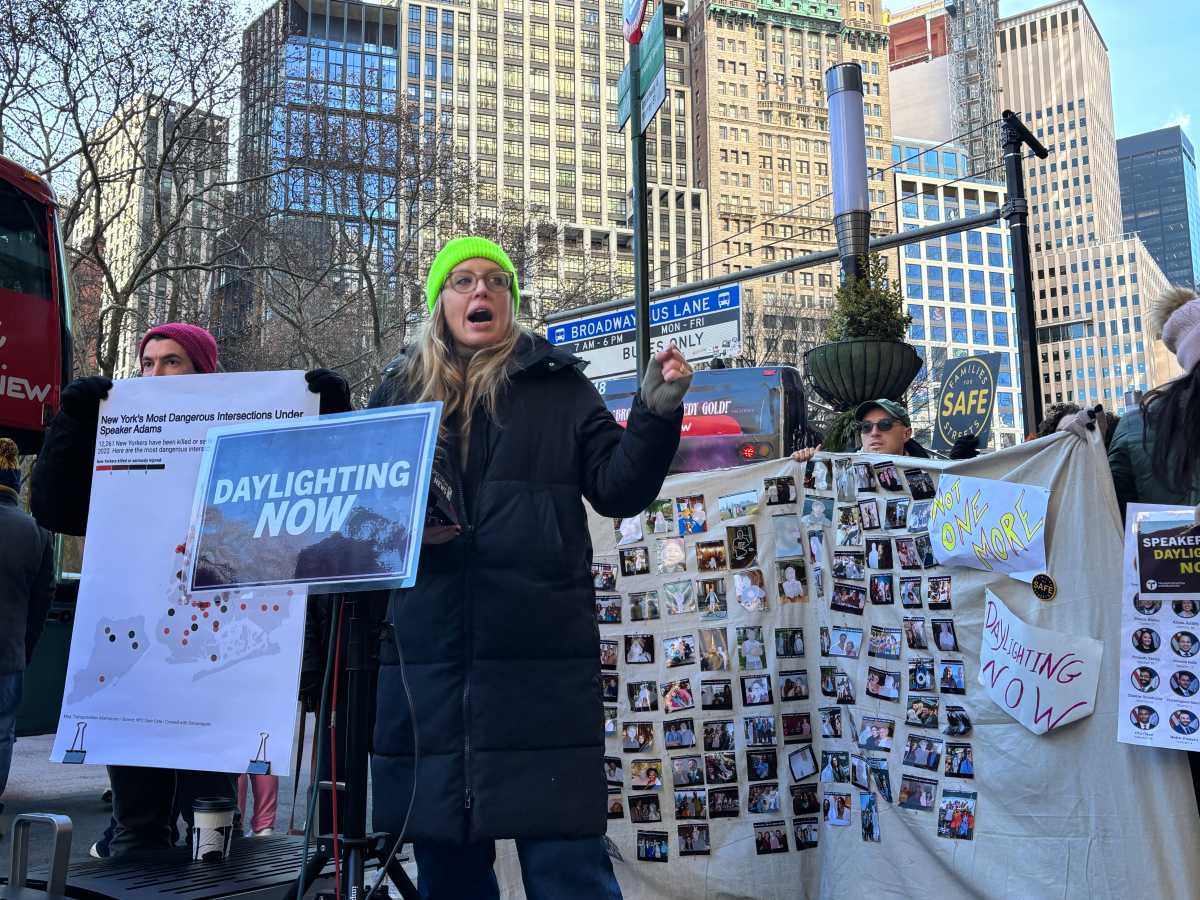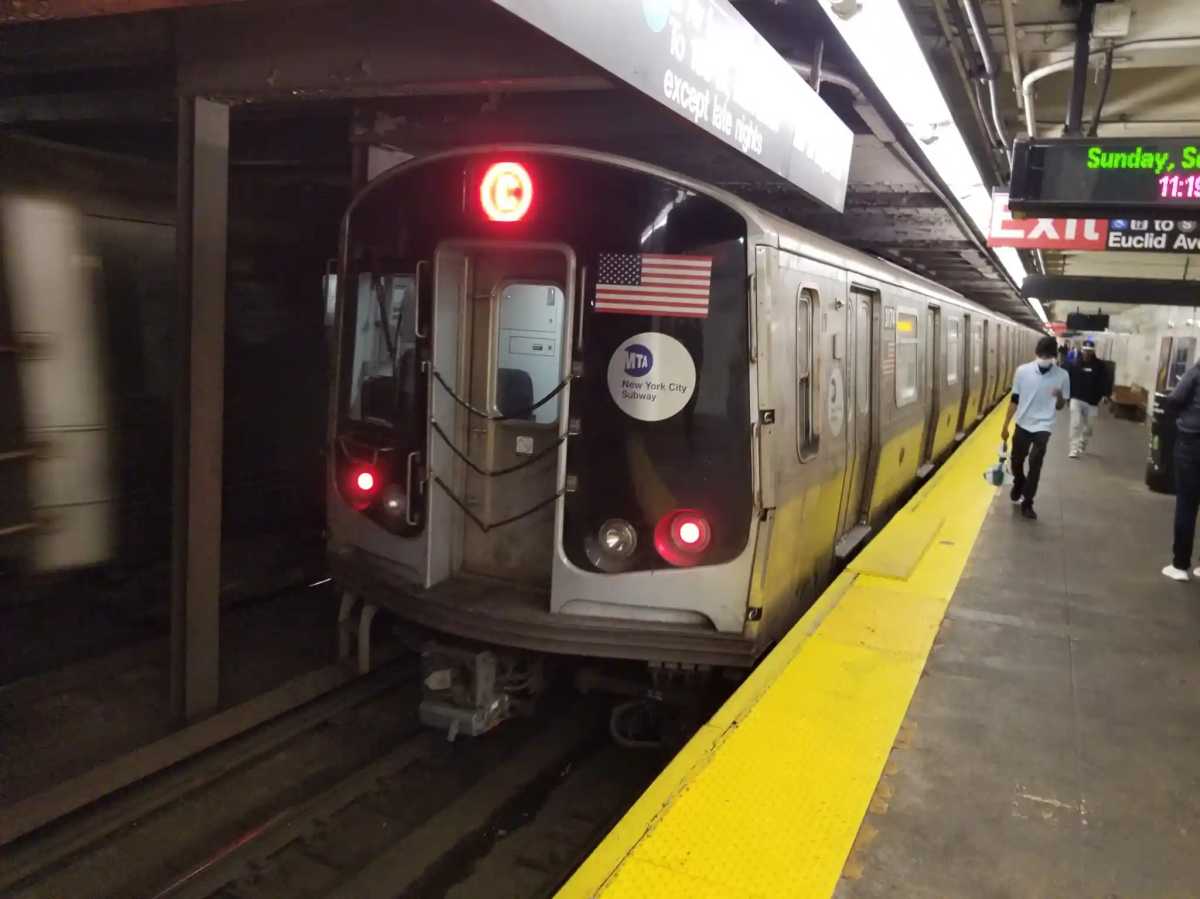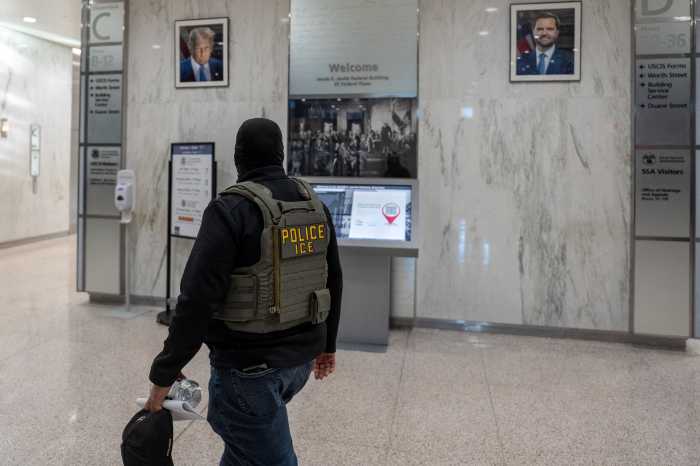In addition to the candidates on Tuesday’s ballot, lawmakers have put three pressing questions to the people for a vote. The answers are a simple yes or no, but the questions can be confusing. Here is a quick rundown of what to expect in the booth.
QUESTION ONE
WHAT IT SAYS
The proposed amendment establishes a redistricting commission every 10 years beginning in 2020, with two members appointed by each of the four legislative leaders and two members selected by the eight legislative appointees; prohibits legislators and other elected officials from serving as commissioners; establishes principles to be used in creating districts; requires the commission to hold public hearings on proposed redistricting plans; subjects the commission’s redistricting plan to legislative enactment; provides that the legislature may only amend the redistricting plan according to the established principles if the commission’s plan is rejected twice by the legislature; provides for expedited court review of a challenged redistricting plan; and provides for funding and bipartisan staff to work for the commission.
WHAT IT MEANS
If approved, the amendment would restructure the process by which districts are drawn. Currently district lines are drawn every 10 years by legislators. This amendment would create a commission of party-leader appointees that would be in charge of drawing and redrawing districts.
WHERE PEOPLE STAND
Proponents argue the amendment would help keep pols from manipulating political boundaries to favor their party. Critics argue it is a sham meant to give the look of reform while further cementing political parties’ grip on the process. Gov. Cuomo, the Conservative Party, and good-government group Citizens Union are for the amendment. Another good-government group, Common Cause, is against it, as are Borough President Adams, Congressman Hakeem Jeffries (D–Fort Greene) and Councilman Antonio Reynoso (D–Bushwick).
QUESTION TWO
WHAT IT SAYS
The proposed amendment to section 14 of Article 3 of the state Constitution would allow electronic distribution of a state legislative bill to satisfy the constitutional requirement that a bill be printed and on the desks of state legislators at least three days before the legislature votes on it. It would establish the following requirements for electronic distribution: first, legislators must be able to review the electronically-sent bill at their desks; second, legislators must be able to print the bill if they choose; and third, the bill cannot be changed electronically without leaving a record of the changes.
WHAT IT MEANS
Currently, bills going before the legislature must be physically printed before lawmakers can vote on them. This amendment would allow legislators to vote on bills as long as they have been distributed electronically at least three days before the vote and would lay out guidelines for how the distribution would work, including an option to print the bill, outlining how legislators could review the bill their desks, and creating a system for tracking edits.
Lawmakers could still print bills before votes if they wanted, but the amendment would reduce waste.
WHERE PEOPLE STAND
Pretty much everybody is for this.
QUESTION THREE
WHAT IT SAYS
The Smart Schools Bond Act of 2014 … authorizes the sale of state bonds of up to $2 billion to provide access to classroom technology and high-speed internet connectivity to equalize opportunities for children to learn, to add classroom space to expand high-quality prekindergarten programs, to replace classroom trailers with permanent instructional space, and to install high-tech smart security features in schools.
WHAT IT MEANS
The proposed amendment would allow for the state to sell $2 billion in state bonds to fund the purchase of educational technology and creation of school infrastructure, including but not limited to replacing classroom trailers with permanent structures, providing classrooms and schools with computers, and expanding access to high-speed internet. The funds would also go toward security systems.
WHERE PEOPLE STAND
Gov. Cuomo and the New York State United Teachers support the amendment, saying it will help kids learn and keep them safe. Opponents, including the Conservative Party, see it as an unacceptable amount of debt for the state to take on.


